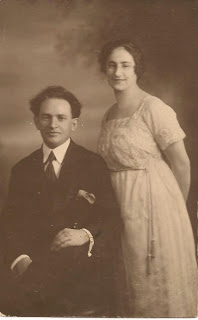Renee Epelbaum (Argentina) (1920-1998)
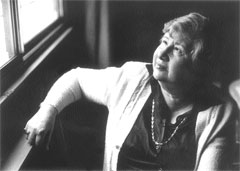
During the Argentine dictatorship's Dirty War on its own population, three of Renee Epelbaum's children were "disappeared," one in Argentina, the other two in neighboring Uruguay, where she had sent them for safety. With a small group of other mothers of the disappeared, she co-founded the Mothers of Plaza de Mayo, who stood in the square every week, holding the photographs of their missing children and demanding their return, or at least information about their fates. Today the grandmothers of Plaza de Mayo continue their efforts to locate the children taken along with their parents or born in captivity, and given for adoption to members of the ruling elite. They maintain a genetic database so that even after their own deaths, people who suspect they may be those missing grandchildren can see if their DNA matches any of the missing parents.
Links: Interview in Bridges
Links: Interview in Bridges
Juan Gelman (Argentina) (1930-2014)
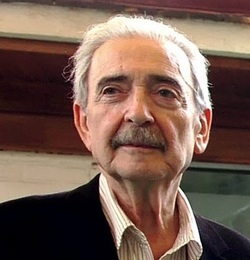
Juan Gelman was born in Villa Crespo, a Jewish neighborhood of Buenos Aires, to Ukrainian Jewish parents. He began writing poetry at an early age. At fifteen he joined the Federación Joven Comunista. After briefly studying chemistry, he left college to dedicate himself to writing. In 1955 he was one of the founders of El Pan Duro, a group of young communist poets who wrote socially committed poetry and worked cooperatively to publish and promote their work. The triumph of the Cuban revolution in 1959 moved him to support armed struggle in Argentina, which brought him into conflict with the Communist Party. In 1963, he and a group of other writerswere jailed for belonging to the Communist Party. On his release, he left the party to join the revolutionary Peronist movement. In 1966 he began working as a journalist, editing a variety of left publications. During the military dictatorship of 1966-1973 he joined the guerrilla organization Fuerzas Armadas Revolucionarias (FAR) which merged with the Montoneros in 1975. Throughout his time in the guerrilla movement he worked in the areas of culture and communications. In 1975 Gelman was sent out of the country by the Montoneros in order to denounce the human rights violations of the Isabel Perón government, and he was abroad when the military coup of March, 1976 began the reign of terror known as the Dirty War, which resulted in the disappearance of 30,000 people. In August, 1976, Gelman's daughter Nora Eva (19) , his son Marcelo Ariel (20) and his daughter-in-law María Claudia (19) who was seven months pregnant, were kidnapped by the military.
During his exile, Gelman lived in Madrid, Paris, Rome, Managua, New York and Mexico City. His efforts led to the first condemnations of the dictatorship by European organizations and some heads of state, including Mitterand and Palme. In 1979 he wrote a critique of some of the Montoneros' strategies and the hierarchical militarism of the organization, for which the Montoneros branded him a traitor and sentenced him to death. In 1988 he returned to Argentina, but decided to settle in Mexico. In 1998 he learned that his daghter ha dbeen moved to Uruguay, where she hadgiven birth to a daughter, In 2000, his granddaughter was found and they were reunited. Gelman is the author of dozens of books and has won numerous literary prizes. He lives in Mexico.
During his exile, Gelman lived in Madrid, Paris, Rome, Managua, New York and Mexico City. His efforts led to the first condemnations of the dictatorship by European organizations and some heads of state, including Mitterand and Palme. In 1979 he wrote a critique of some of the Montoneros' strategies and the hierarchical militarism of the organization, for which the Montoneros branded him a traitor and sentenced him to death. In 1988 he returned to Argentina, but decided to settle in Mexico. In 1998 he learned that his daghter ha dbeen moved to Uruguay, where she hadgiven birth to a daughter, In 2000, his granddaughter was found and they were reunited. Gelman is the author of dozens of books and has won numerous literary prizes. He lives in Mexico.
José Grunfeld (Argentina)
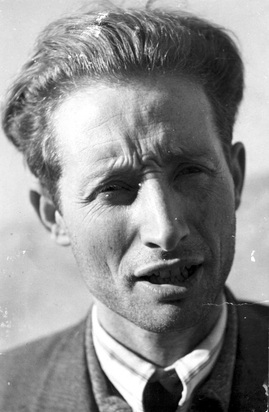
Jacobo Maguid (Argentina)
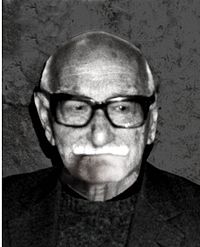
Osvaldo Bayer (Argentina)
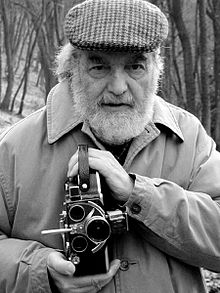
Alicia Partnoy (Argentina)
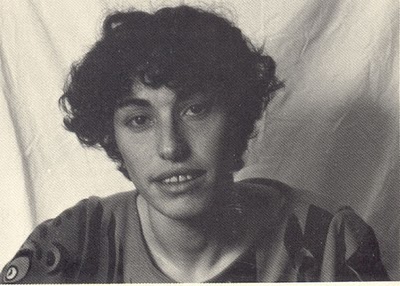
Enrique Dickmann (Argentina)
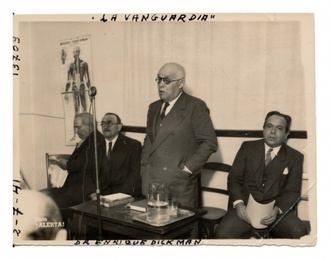
Moisés Lebensohn (Argentina)
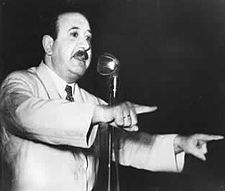
Simón Radowitsky (Argentina)
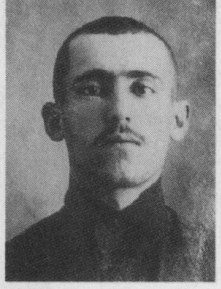
Pinie Wald (Argentina)
